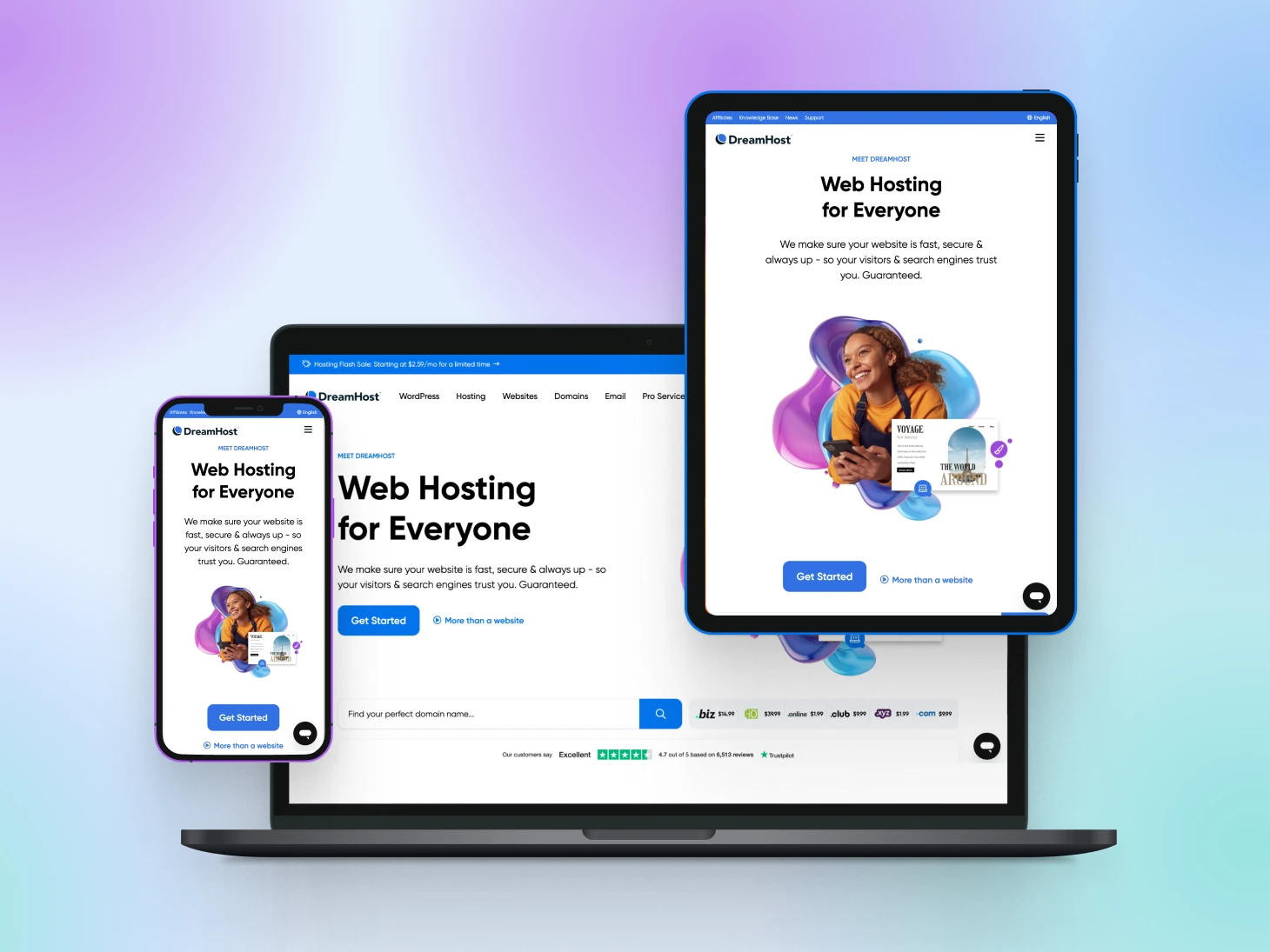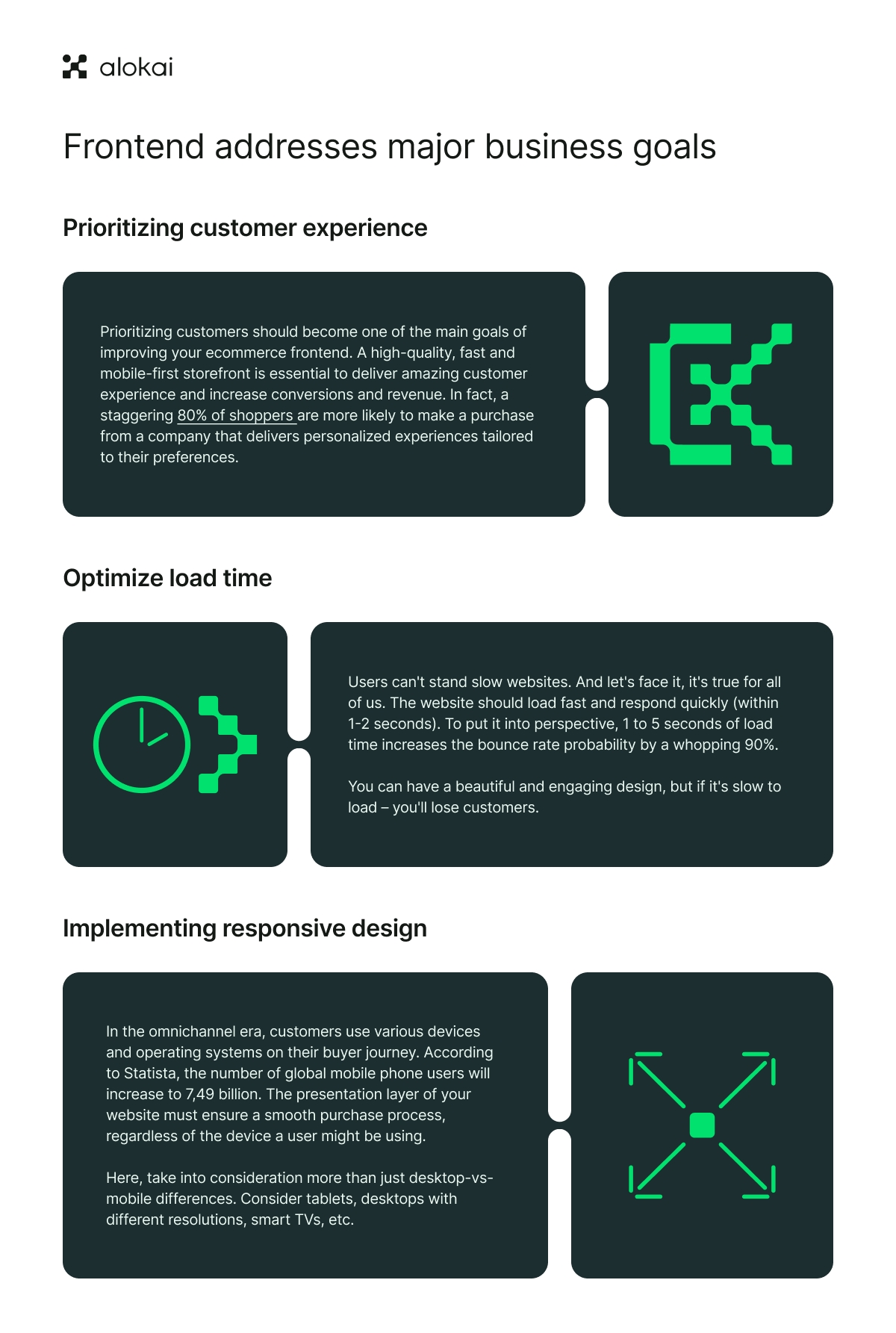In today’s digital age, mobile optimization is no longer optional. It’s a necessity.
As more people use smartphones for browsing, businesses must adapt to this mobile-first world. Mobile optimization ensures your website looks great and functions well on mobile devices. It impacts user experience and search engine rankings. Google now prioritizes mobile-friendly sites, making it crucial for visibility.
Ignoring this trend can hurt your business. Customers expect quick, seamless experiences on their phones. A slow or hard-to-navigate site can drive them away. Investing in mobile optimization helps you stay competitive. It also enhances user satisfaction, leading to higher engagement and conversions. In this mobile-first world, optimizing for mobile isn’t a choice. It’s essential for success.
Quick Navigation
Rise Of Mobile Usage
Mobile usage has surged, making mobile optimization crucial. Websites must be mobile-friendly to engage users effectively in today’s digital landscape. Failing to optimize for mobile means losing potential visitors and customers.
The rise of mobile usage has transformed the digital landscape. With smartphones becoming an essential part of daily life, people are increasingly relying on their mobile devices for everything from shopping to banking. This shift has significant implications for businesses, making mobile optimization not just an option, but a necessity.Smartphone Penetration
Smartphone penetration has skyrocketed over the past decade. Nearly everyone you know probably owns a smartphone. It’s no longer a luxury but a necessity. According to recent studies, over 80% of the global population owns a smartphone. This trend continues to grow, especially in developing nations. This means more potential customers are accessing your website via mobile devices than ever before. Imagine trying to access a website on your phone that isn’t optimized. It’s frustrating, right? Slow load times and poor navigation can make users leave in seconds. This is why ensuring your site is mobile-friendly is crucial.Changing User Habits
User habits have changed drastically with the advent of smartphones. People now prefer quick, on-the-go solutions. They don’t have the time or patience to deal with poorly designed mobile experiences. Think about your own habits. How often do you grab your phone to check something quickly? Whether it’s looking up a recipe, checking the news, or making a quick purchase, your mobile device is your go-to tool. This change in behavior affects how you should design your website. Mobile users want fast load times, easy navigation, and responsive designs. If your site doesn’t meet these expectations, you risk losing valuable traffic. Moreover, search engines like Google prioritize mobile-friendly websites in their rankings. This means that optimizing for mobile isn’t just about user experience; it’s also about visibility. Without mobile optimization, your site could fall behind in search results. In the end, the rise of mobile usage is a wake-up call for all businesses. If you haven’t optimized your website for mobile, now is the time to do so. Your users—and your bottom line—will thank you.
Credit: www.funraise.org
Impact On Businesses
In today’s mobile-first world, optimizing for mobile devices isn’t just a trend. It’s a necessity. Mobile optimization has a direct impact on various aspects of business performance. It shapes customer experience and influences conversion rates.
Customer Experience
Mobile users expect fast, smooth, and intuitive experiences. Slow loading times can frustrate them. They might leave your site before it even loads. A mobile-optimized site enhances usability. It ensures easy navigation and quick access to information. This positive experience keeps users engaged and coming back.
Conversion Rates
Conversion rates are crucial for any business. A seamless mobile experience can boost these rates. If users find it easy to navigate and complete actions, they are more likely to convert. This means more sign-ups, purchases, or any other desired actions. A poor mobile experience, on the other hand, can lead to lost opportunities.
Key Elements Of Mobile Optimization
The mobile-first world is here, and optimizing your website for mobile devices is no longer optional. To ensure your site stands out and delivers a seamless experience, it’s crucial to focus on key elements of mobile optimization. Let’s dive into the essential components that will help you create a mobile-friendly website.
Responsive Design
Responsive design is the backbone of mobile optimization. It ensures your website adapts to any screen size, providing a consistent user experience across devices. Imagine visiting a site that looks great on your desktop but is impossible to navigate on your phone. Frustrating, right?
By implementing responsive design, you address this issue head-on. Your site’s layout, images, and content will automatically adjust to fit the user’s screen. This not only improves usability but also boosts your search engine ranking. Google loves mobile-friendly sites, and responsive design is key to achieving that.
Fast Loading Times
Fast loading times are critical for retaining visitors. Studies show that users expect a website to load in under three seconds. Anything longer, and you risk losing potential customers. I’ve been there—waiting for a slow site to load and eventually giving up.
To enhance your site’s speed, optimize images, minify code, and leverage browser caching. Tools like Google PageSpeed Insights can help identify areas for improvement. A fast-loading site not only keeps users engaged but also positively impacts your search engine ranking.
So, what steps will you take to optimize your mobile site? Prioritize these key elements and watch your user engagement soar.

Credit: www.dreamhost.com
Future Trends
In a mobile-first world, staying ahead of future trends is vital for your business’s success. As technology advances, so do user expectations. Keeping your website optimized for mobile is no longer optional; it’s a necessity. Here, we delve into two significant trends that will shape the future of mobile optimization: 5G technology and mobile-first indexing.
5g Technology
The advent of 5G technology is a game-changer for mobile optimization. With faster download speeds and lower latency, 5G will significantly enhance the user experience. Imagine your website loading almost instantly on mobile devices, making users stay longer and engage more. This can translate to higher conversion rates and better customer satisfaction.
Have you ever abandoned a website because it took too long to load? With 5G, this frustration will soon be a thing of the past. Your users will appreciate the seamless experience, and your business will benefit from their increased engagement.
Now is the time to start preparing for 5G. Ensure your website is ready to handle the increased speed and performance. This might mean optimizing images, reducing script load times, or even considering new interactive elements that 5G can support. Are you prepared to make the most out of 5G technology?
Mobile-first Indexing
Mobile-first indexing by Google has changed the game for SEO. Google now predominantly uses the mobile version of your site for indexing and ranking. This shift means your mobile site must be just as robust as your desktop version.
If your mobile site is lacking, your search rankings could suffer. Have you checked how your site performs on mobile? Ensuring your content is easily accessible and your site is easy to navigate on a phone is crucial.
Think about how users interact with your site on mobile. Are buttons large enough to tap? Is the text readable without zooming in? These small details can make a big difference in user experience and ultimately, your ranking.
Optimizing for mobile-first indexing isn’t just about compliance; it’s about providing the best possible experience for your users. So, take a moment to review your mobile site. Are there areas that could be improved? Your users and your search rankings will thank you.

Credit: alokai.com
Conclusion
Mobile optimization is essential today. Users prefer smartphones for browsing and shopping. Websites must load quickly and look good on mobile. Slow, unresponsive sites lose visitors fast. Optimize for mobile now to stay ahead. Improve user experience, boost engagement, and increase conversions.
Don’t ignore mobile users; they are your primary audience. Keep your site mobile-friendly to succeed in a mobile-first world. Remember, mobile optimization is no longer optional; it’s a must.
